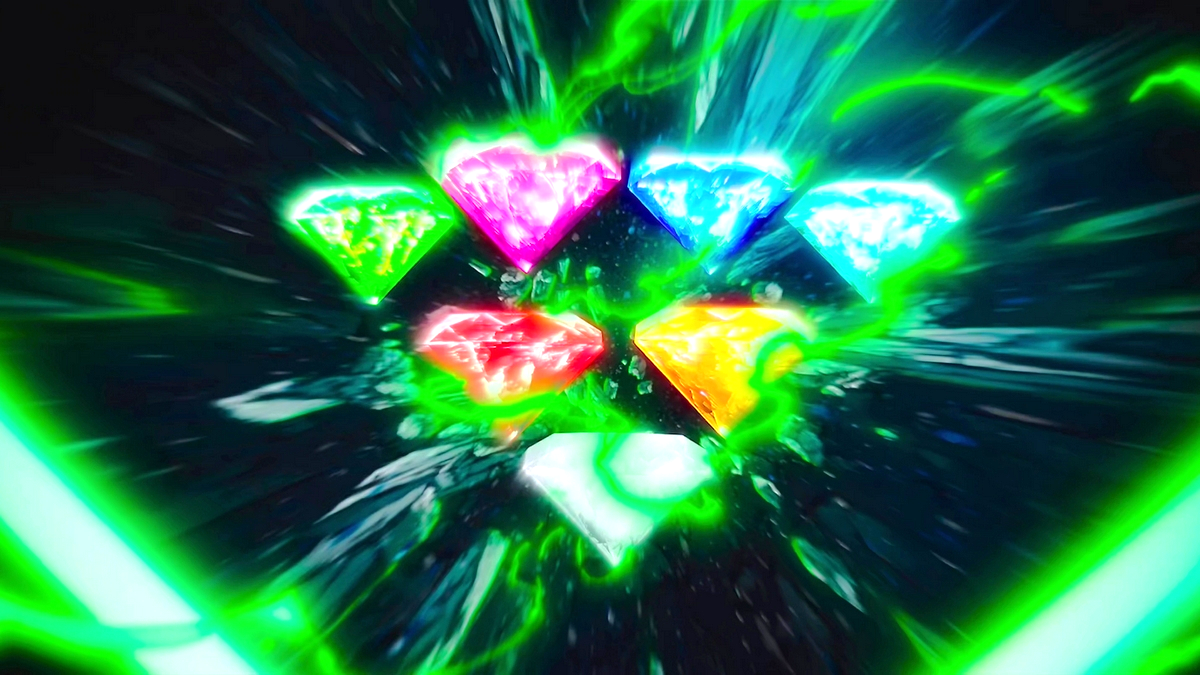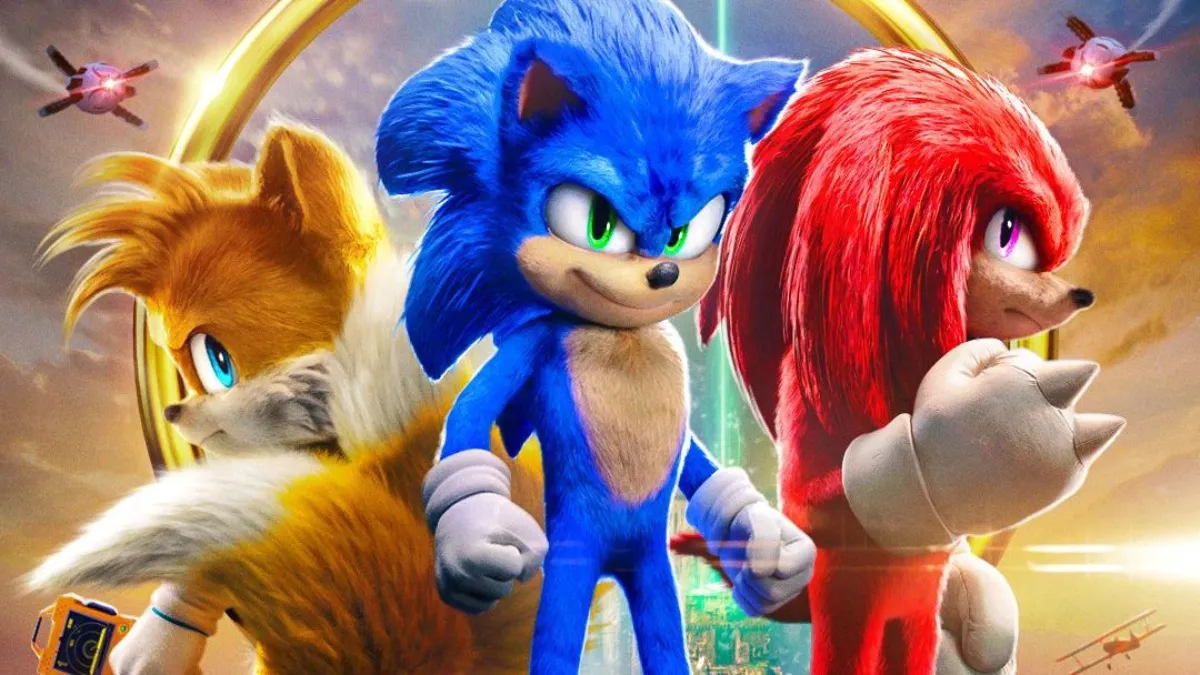Every once in a while, a game comes along that’s called “ahead of its time.” More often than not, this is just flowery, hyperbolic phrasing used by game critics and/or public relations folks to describe a product that has one or two innovative qualities … but otherwise fits perfectly within the current paradigm of the medium. Then there are games like Final Fantasy XII, which was criminally underrated — and frankly, under-enjoyed — almost entirely because of the period it was released in.
Consider the landscape of gaming in 2006, versus that in 2017: Japanese RPGs were on the decline, but had not yet relented into borrowing some of the better elements of their Western counterparts (as Nioh, Final Fantasy XV and many more now have); the “single-player MMORPG” as a concept was almost nonexistent (but later made popular by games like Xenoblade Chronicles, among others); and the SD era of games was fading away to make way for the flashy high-definition graphics of the PS3 and Xbox 360 (graphics that are now an industry standard, even for the slower-to-adopt Nintendo).
All of these things worked against the original release of what is — at least, in my opinion — one of the most polished, intricately-crafted games in the entire Final Fantasy series. Hopefully, that will come to be a less-contentious opinion now that Final Fantasy XII: The Zodiac Age is bringing the already-touched-up International Zodiac Job System version of the game, along with its own set of touch-ups, to PS4.

One of the things that hasn’t been changed, of course, is the story — which, like many of the latter-day games in the series, seems to have just as many ardent detractors as it does supporters. To be fair, it is both derivative (yes, the plot and lore do seem to borrow liberally from classic good-versus-evil epics like Star Wars) and a little bit messy (protagonists Vaan and Penelo are more like obligatory “youthful” additions to the story than integral players), but for those that can get into it, there’s never been a Final Fantasy title quite as intricate in its details as XII.
In fact, compared to its political intrigue and twist-laden narrative, other entries seem downright simplistic by comparison. Still, it doesn’t pack quite the emotional heft or character-driven fun as other entries — which I see as the series’ primary story strengths — so I can understand why there’s some disappointment in this regard.
Whatever you think about the narrative, though, the truth is that it’s never been the best reason to play any version of Final Fantasy XII — and much less The Zodiac Age now that its already-excellent gameplay systems have been bolstered by measures of convenience. As mentioned before, the genre might best be described as a “single-player MMO,” heavy on the sort of questing, foraging and experience grinding that’s normally found in massive multiplayer experiences. Plus, the game’s signature “Gambit” system allows you to set artificial intelligence commands for your characters using logic reminiscent of that used in programming (albeit simplified so that anyone can understand it). This essentially lets you take control of three characters at once, giving some literal meaning to the “single-player MMO” label.
Back in 2006, though, this sort of structure baffled and irritated many players, and their lack of affection for the system wasn’t aided by some of the game’s shortcomings. Perhaps chief among these: a lack of fast travel points and painfully-slow running speed that made hoofing it through the massive environments a chore. Just from a personal perspective, I can remember being a bit too young (read: immature) and lazy to fully appreciate or properly utilize the Gambit system back in the day, even as I took to a lot of the game’s other features.

Now that improvements like speeding up the action and additional gambit options are available, though, I have much more than a piecemeal appreciation for what Square Enix managed to do with Final Fantasy XII. All of the gameplay systems, from the aforementioned Gambits to the License Boards — essentially taking the place of skill trees in other games, or the Sphere Grid if you’re Final Fantasy X literate — come together in a beautiful way, letting you really customize your experience. Likewise, having so much control over the direction of your characters also puts the onus more on the player to develop and utilize them in the correct way … which might be why so many people, myself included, got their asses handed to them by the rather unforgiving difficulty of the original game.
That difficulty has now been re-balanced to accommodate the steep-ish learning curve of all these systems, but as was mentioned in my interview with the developers at PAX East earlier this year, this shouldn’t be taken as a blow to hardcore gamers at all. The job system from the ironically-titled International Zodiac version, which was Japan-exclusive on PS2, is now implemented for every region — meaning players can no longer turn their characters into identical supermen with every ability at their disposal. Naturally, this forces a more focused approach, where it’s best to give each character a set of special skills for various battle scenarios that might come up.

Trial Mode is now available to PS4 owners in the West, too, which offers challenges apparently an order of magnitude more brutal than anything found in the original game’s campaign (and as someone who watched his husband try to take down the horrifying HP sponge known as Yiazmat, I have to say that’s quite a claim).
Overall, Square Enix has essentially pulled off the best-case scenario for a remaster of a game: there’s enough new for returning veterans, while offering plenty of accessibility for newcomers. So whether you memorized every map and took down every superboss of the original game, or you’ve yet to set foot in the most intricate version of Yasumi Matsuno’s Ivalice ever rendered, there’s more than enough incentive in Final Fantasy XII: The Zodiac Age to jump in and get lost in its massive world.
This review is based on the PlayStation 4 version of the game, which we were provided with for review.






